Market Trends
Key Emerging Trends in the Commercial Insulation Market
The commercial insulation market has witnessed significant trends in recent years, reflecting the dynamic nature of the construction and industrial sectors. One prominent trend is the growing emphasis on energy efficiency in commercial buildings. As businesses increasingly prioritize sustainability, there is a heightened demand for insulation solutions that contribute to reduced energy consumption. This has led to a surge in the adoption of advanced insulation materials and technologies that offer superior thermal performance.
Another noteworthy trend in the commercial insulation market is the increasing focus on environmentally friendly and sustainable insulation options. With a rising awareness of the environmental impact of construction materials, businesses are seeking insulation solutions that are not only effective but also eco-friendly. This has paved the way for the development and widespread use of insulation materials made from recycled or renewable resources, contributing to a more sustainable and responsible approach to commercial construction.
The market has also seen a shift towards improved fire safety features in commercial insulation products. As building codes and regulations become more stringent, there is a growing demand for insulation materials that provide enhanced fire resistance. Manufacturers are responding by developing innovative insulation solutions that meet or exceed these safety standards, ensuring that commercial buildings are well-protected against fire hazards.
Furthermore, technological advancements have played a crucial role in shaping the commercial insulation market. The integration of smart technologies and the Internet of Things (IoT) into building systems have led to the development of intelligent insulation solutions. These innovations enable real-time monitoring and control of insulation properties, optimizing energy efficiency and providing building owners with valuable insights into their energy consumption patterns.
The global push towards sustainable and energy-efficient practices has also influenced the commercial insulation market. Governments and regulatory bodies worldwide are introducing incentives and policies to promote the use of energy-efficient insulation materials. This has not only accelerated the adoption of such materials but has also encouraged research and development efforts in the industry to create more effective and sustainable insulation solutions.
Additionally, the market has witnessed a trend towards customization and versatility in insulation products. Commercial buildings vary significantly in terms of design, size, and purpose, requiring insulation solutions that can be tailored to specific needs. Manufacturers are responding by offering a wide range of insulation materials with varying thermal properties, flexibility, and ease of installation to cater to the diverse requirements of commercial construction projects.
The commercial insulation market is experiencing a transformation driven by the growing importance of energy efficiency, sustainability, and safety in commercial buildings. The trends of adopting advanced materials, prioritizing environmental responsibility, enhancing fire safety features, embracing technological innovations, and complying with regulatory standards collectively define the evolving landscape of the commercial insulation market. As the industry continues to evolve, stakeholders will need to stay abreast of these trends to make informed decisions and contribute to the development of more efficient, sustainable, and resilient commercial buildings.


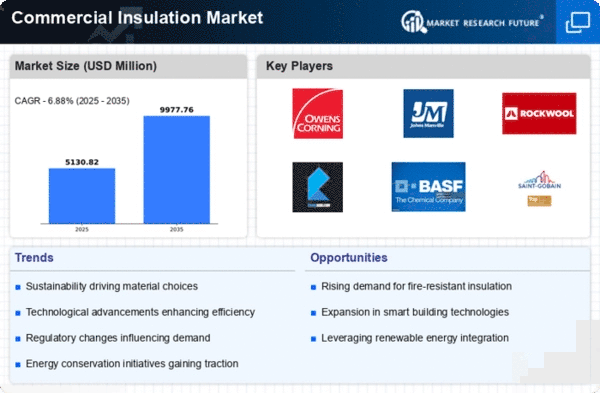

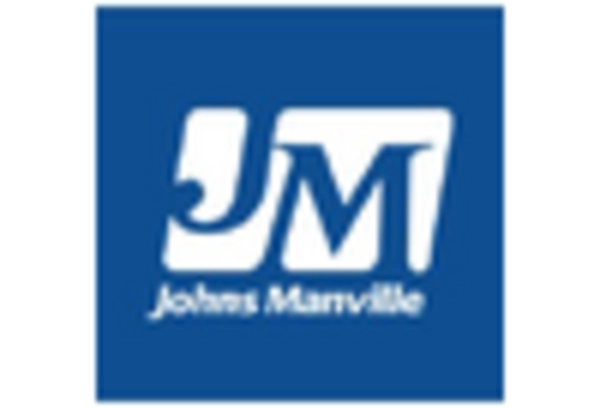
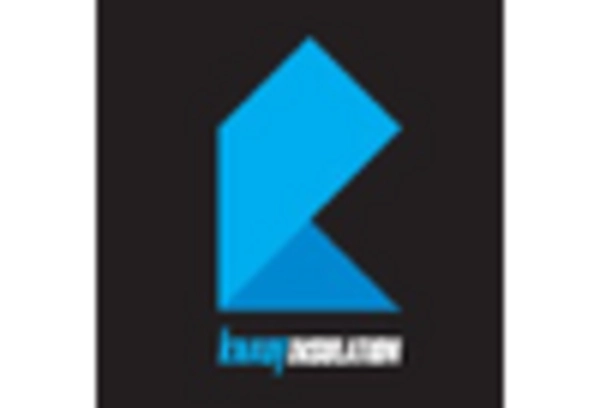
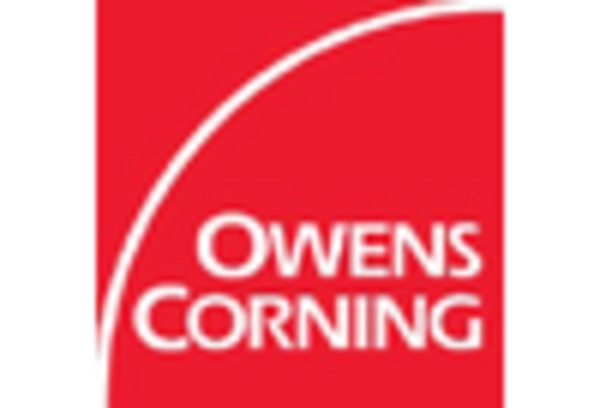
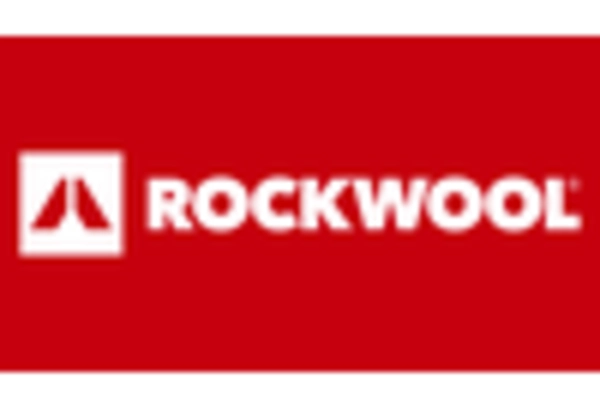










Leave a Comment